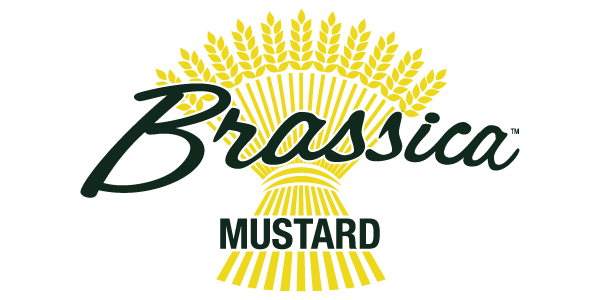Mustard Seeds Have Medicinal effects
Abscesses, bronchitis, asthma, colds, rheumatism, toothaches, aches and pains, bladder inflammation, ulcers and various gastrointestinal ailments are among the many historical targets for the application of mustard seed compounds and derivatives, often in the form of a mustard plaster or poultice, which is applied topically.
Historically, mustard was also used in baths to alleviate inflammation, as it helps increase blood flow. There are products that can be purchased on-line that tout these
Mustard seeds — which are commonly used to make the condiment you recognize as “mustard” — are a good source of phosphorous, iron, calcium, zinc, magnesium and manganese.
Gwen Stewart, author of “The Healing Garden,” provides a couple of recipes for making your own mustard condiment in this referenced article.
The seeds can also be sprouted. For instructions, check out SproutPeople.org’s growing instructions for mustard seeds. 16 Tips for growing mustard plants are provided by Mother Earth Living.
A note of caution: Some states view mustard as an invasive weed and have imposed restrictions on where and how you’re allowed to grow it, so be sure to check with your County Extension agent to find out if any restrictions apply before you plant them in your garden.

